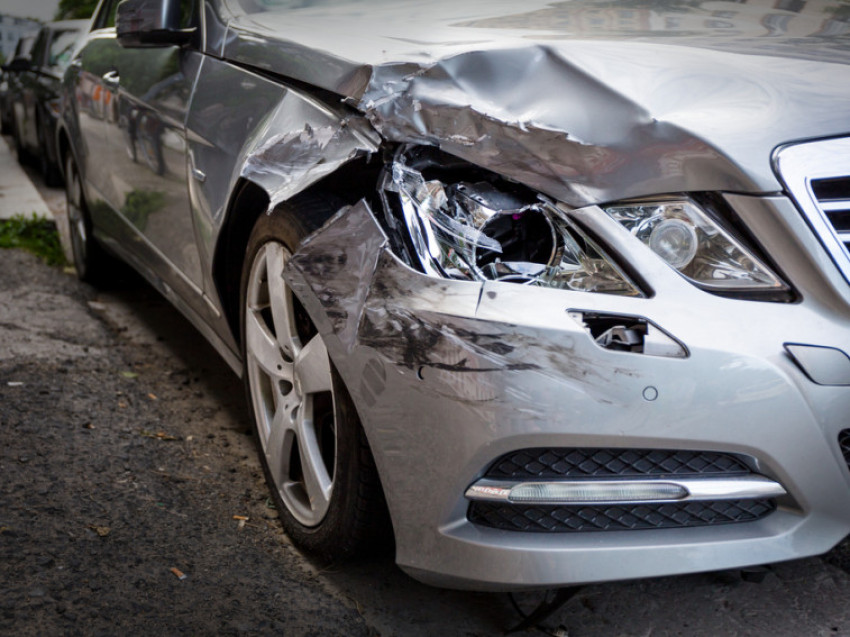
Introduction
The sale of damaged cars, is a topic that has gained significant attention in recent years. Whether you're looking to buy a damaged vehicle at a bargain or selling one that has been in an accident, it's essential to understand the ins and outs of this market. In this article, we will explore the various aspects of selling damaged cars, including the reasons behind it, the process involved, and some important considerations.
Why Sell Damaged Cars?
Accident Damage: One of the most common reasons for selling damaged cars is due to accidents. When a vehicle is involved in a collision, it can sustain various levels of damage, from minor dents and scratches to significant structural issues. Insurance companies may sometimes declare such cars as total losses, and the owners may decide to sell them rather than repair them.
Age and Wear: Over time, all cars experience wear and tear. Some older vehicles may not be worth the cost of extensive repairs, and owners may choose to sell them in their current condition to avoid the expense.
Mechanical Failures: Mechanical failures can render a vehicle unusable or require costly repairs. In such cases, selling the damaged car can be a practical choice, especially if the owner doesn't have the means to fix it.
The Process of Selling Damaged Cars
Assessment: Before selling a damaged car, it's essential to assess the extent of the damage. This can be done by a qualified mechanic or an auto appraiser. Knowing the exact condition of the vehicle will help determine its value.
Research Market Value: Research the current market value of your damaged car, taking into account its make, model, age, and the extent of the damage. Several online resources and tools can help with this.
Contact Buyers: Once you have a fair understanding of your car's value, you can start reaching out to potential buyers. This may include individuals looking for fixer-upper projects, mechanics, or salvage yards.
Negotiation: Be prepared for negotiations. Buyers will likely offer less than the market value, considering the cost of repairs. It's crucial to be flexible and open to offers.
Legal Requirements: Ensure that you adhere to all legal requirements when selling a damaged car. This may include disclosing the vehicle's condition, transferring the title, and settling any outstanding financial obligations.
Important Considerations
Transparency: Honesty is key when selling a damaged car. Clearly communicate the extent of the damage, any potential safety hazards, and the estimated repair costs to potential buyers.
Safety First: If the car is severely damaged and poses a safety risk, it's advisable to sell it for scrap rather than trying to repair and resell it.
Environmental Impact: Consider the environmental impact of selling a damaged car. Recycling or scrapping it responsibly can reduce its carbon footprint.
Conclusion
Selling damaged cars can be a practical solution for owners who no longer want to invest in repairs or have vehicles that are no longer roadworthy. However, it's crucial to approach this process with transparency, research, and a clear understanding of the car's condition. Whether you're on the buying or selling side, being well-informed is key to making the best decisions in the world of damaged car sales. بيع سيارات مصدومة



